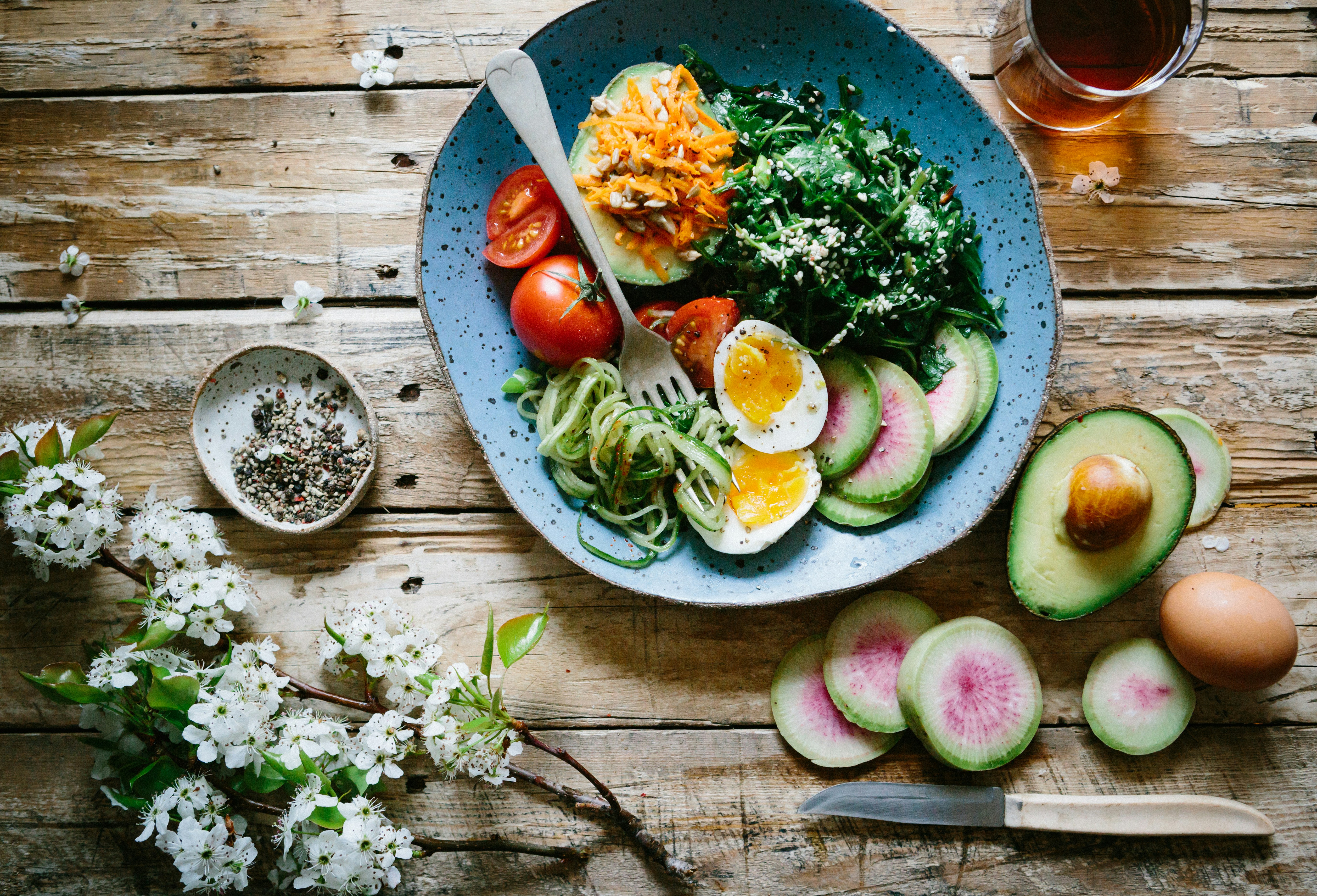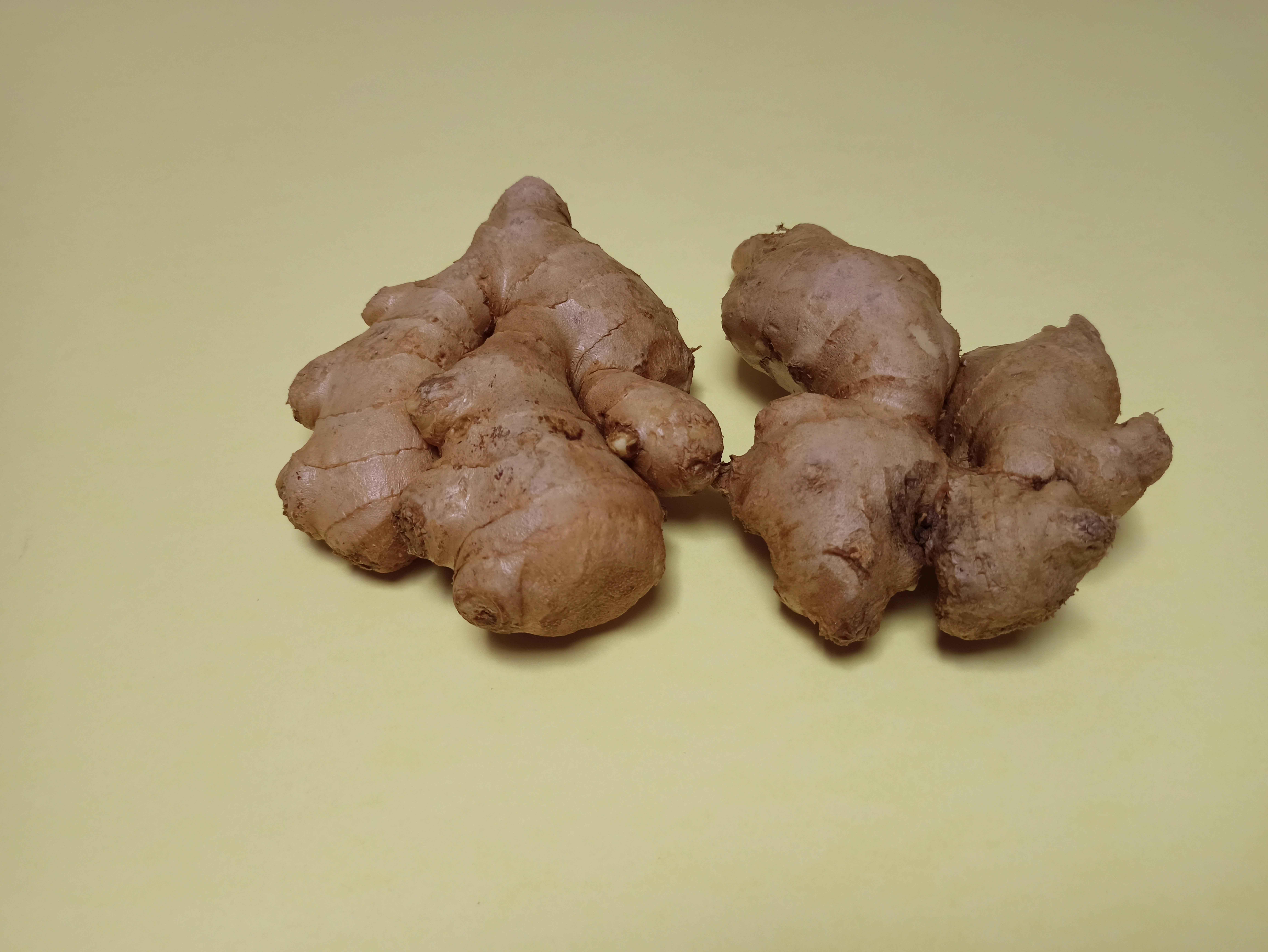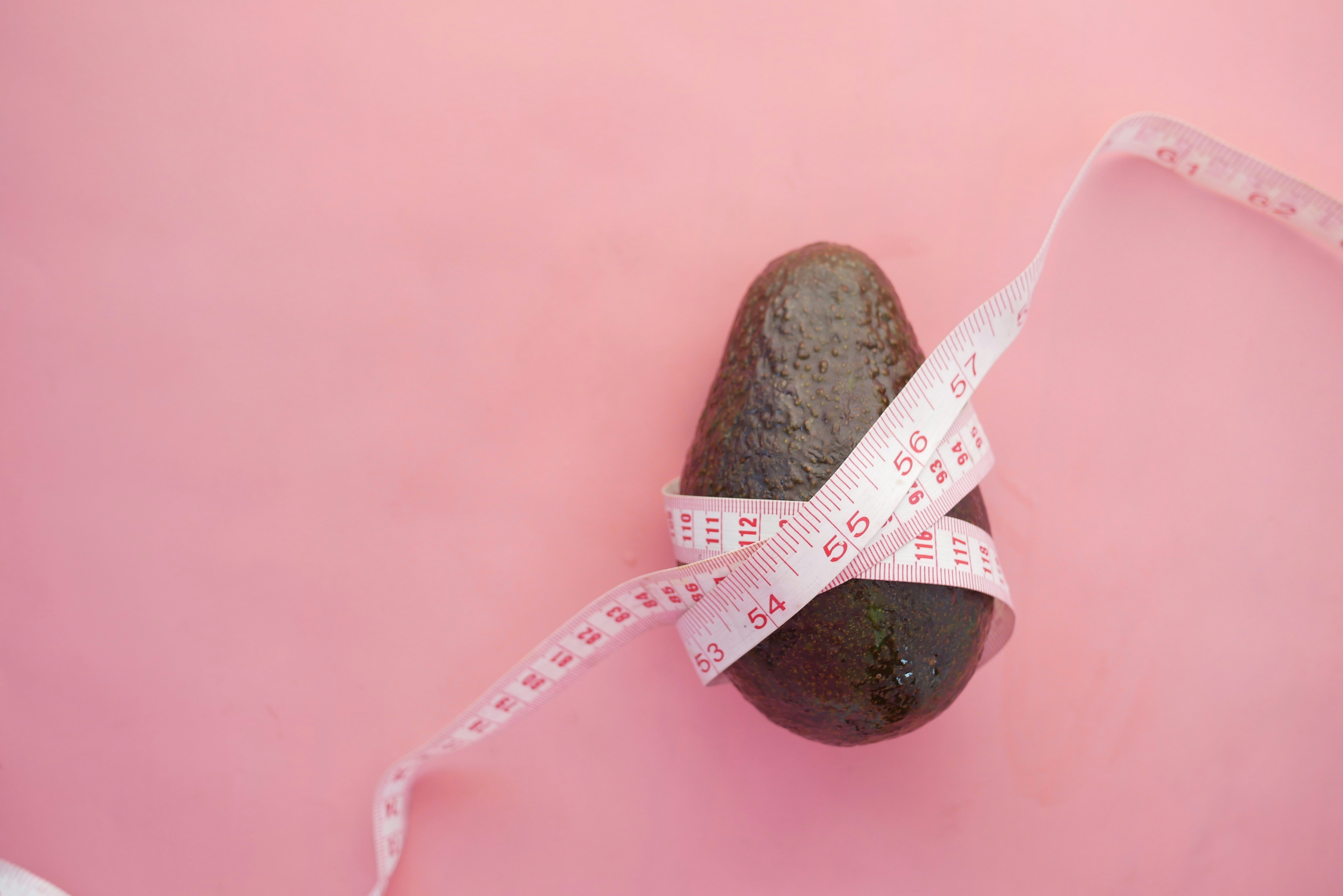Have you ever faced the dilemma of adhering to a low-oxalate diet while attending social gatherings or events? Navigating such situations can be challenging. You might find yourself unsure of what to eat, concerned about being polite, or feeling awkward inquiring about the menu. The good news is that you aren’t alone in this struggle, and there are strategies you can use to manage social situations gracefully while adhering to your dietary needs.
Understanding a Low-Oxalate Diet
Oxalates are naturally occurring compounds found in various foods, and while they are harmless for most, some individuals need to limit their intake. Those who suffer from conditions like kidney stones or certain types of arthritis might follow a low-oxalate diet to help manage their symptoms. It’s important to truly understand what this entails so you can better navigate social situations.
What Are Oxalates?
Oxalates are organic acids found largely in plant foods. They bind with minerals, like calcium, in the gut, reducing the absorption of these nutrients. In some people, high levels of oxalates can lead to the formation of kidney stones, making it important to monitor and limit oxalate consumption.
Foods High in Oxalates
Before you attend any social events, it’s crucial to know which foods to avoid or limit. Foods rich in oxalates include certain fruits like berries and kiwis, vegetables such as spinach and beet greens, nuts like almonds and cashews, and grains such as wheat bran and quinoa. Being familiar with these can help you make informed choices.
| Food Category | Examples of High-Oxalate Foods |
|---|---|
| Vegetables | Spinach, beet greens, rhubarb, Swiss chard |
| Fruits | Raspberries, oranges, kiwis, figs |
| Nuts and Seeds | Almonds, cashews, peanuts |
| Grains | Wheat bran, quinoa, whole-wheat products |
| Beverages | Black tea, soy milk, chocolate and chocolate-based drinks |
Why People Follow a Low-Oxalate Diet
For health reasons, some people must limit their oxalate intake. Whether it’s due to recurring kidney stones, gout, or other health conditions, understanding and committing to this dietary adjustment is vital. Social settings can make this challenging, as they often involve shared meals where specific dietary needs might not be the focus.
Preparing for Social Situations
Once you comprehend the details surrounding a low-oxalate diet, consider preparation your best ally in managing social interactions. With a little forethought, you can alleviate much of the stress related to social gatherings.
Communication is Key
Before attending any social event, consider reaching out to the host or event organizer. Politely explain your dietary requirements, ensuring they understand the importance of a low-oxalate diet for your health. Most hosts will gladly accommodate your needs, possibly adjusting the menu or allowing you to bring a dish to share that fits your dietary restrictions.
Plan and Prepare
For larger events, check if you can access the menu beforehand. This allows you to plan your choices and decide if you need to bring any supplementary food. Carrying a small snack can serve as a backup in case the options available aren’t suitable for your diet. It might seem daunting initially, but preparation can significantly ease your burden.
Navigating Different Types of Gatherings
Social situations come in many forms—from an intimate dinner party to large wedding receptions. Understanding how to handle each setting can help you feel more at ease and enjoy your time without compromising your dietary needs.
Informal Gatherings with Friends or Family
Gatherings with loved ones might feel simpler as you likely have open communication. Offer to bring a dish, ensuring it aligns with your diet while also introducing your friends or family members to new flavors and textures. Sharing your food could spark a conversation and increase awareness of your dietary needs.
Dining Out with Friends or Colleagues
When eating out, research the menu ahead of time and have a list of potential dishes. Don’t shy away from asking restaurant staff about ingredient details or possible modifications. Restaurants are increasingly mindful of dietary requests and are typically willing to accommodate where they can.
Formal Events and Celebrations
For formal events like weddings or corporate dinners, dietary requests can be communicated to event organizers in advance. If you’re invited as a guest to a large event, it’s perfectly appropriate to ask the host or caterers about accommodating your food preferences. Requesting a special meal option is common practice in such settings.
Alcohol and Beverages
Alcoholic beverages can be tricky as some contain higher oxalate levels. Wine, beer, and particularly dark spirits like stout or port can fall into this category. Aim for lower-oxalate options and ensure plenty of non-oxalate mixers are available if you’re likely to enjoy a drink. Seltzer or tonic water with a twist of citrus can often fit the bill.
Conversing About Your Diet
It’s common for dietary choices to prompt questions from others. While it might feel uncomfortable at first, discussing your dietary restrictions is an excellent opportunity to educate others, enhancing their understanding and perhaps garnering support for your choices.
Be Honest and Open
Keep your explanations simple and informative. Most people will appreciate your transparency and learn something in the process. You don’t need to delve into medical details unless you’re comfortable doing so; a basic summary suffices.
Offer Resources
When curiosity piques, offer resources, such as links to articles or books, where they can learn more about low-oxalate diets. By doing so, you minimize misinformation while providing them with a path to further understanding.
Coping with Awkwardness
Even with the best preparations, certain situations may still feel awkward. Whether it’s turning down a beloved dish someone made or explaining why you aren’t drinking, there are ways to cope gracefully.
Gracious Declines
Kindly but firmly declining foods that don’t fit your diet is key. A simple “thank you, but I have to pass for dietary reasons” usually suffices. Most people respect your choices once they understand it’s necessary for your well-being.
Establish Confidence
Confidently explaining your dietary needs without making apologies can help normalize your requirements in social settings. With practice, you’ll become more comfortable discussing this aspect of your life, reducing any sense of awkwardness over time.
Building Your Support Network
Having a support network can significantly enhance your confidence in managing social situations. Surrounding yourself with understanding and supportive friends or family members can make the journey more enjoyable and less isolating.
Educate Your Inner Circle
Teach your friends and family about why you follow a low-oxalate diet. The more they understand, the more they can support you. They might even start considering your needs when planning future gatherings, easing the stress for both you and them.
Find Community
Look for supportive communities, either locally or online, to connect with like-minded individuals. Sharing experiences and tips with others on a similar path can provide invaluable insights and foster a sense of camaraderie.

Enjoying Social Life on a Low-Oxalate Diet
Ultimately, adhering to a low-oxalate diet doesn’t mean sacrificing your social life. Striking the right balance between maintaining your dietary discipline and enjoying social engagements is possible with careful planning and open communication.
Rediscover Social Joy
Seek out social activities that don’t revolve around food. Movie nights, group hikes, or community game days can encourage connections without the focus being solely on meals. In scenarios where food is central, approach with an open mind and creativity – you might discover new dishes that fit your dietary needs and tantalize your taste buds in the process.
Personal Growth
Let your dietary journey be a catalyst for personal growth. The skills you’ll develop in communication, planning, and flexibility will serve you well beyond dietary discussions. Embracing this journey can enhance your self-confidence and resilience over time.
By comprehensive preparation and proactive communication, managing social situations on a low-oxalate diet becomes less of a challenge and more of an opportunity to cultivate understanding and enjoy meaningful connections. Whether with friends, family, or new acquaintances, your dietary choices can coexist with a fulfilling social life.




